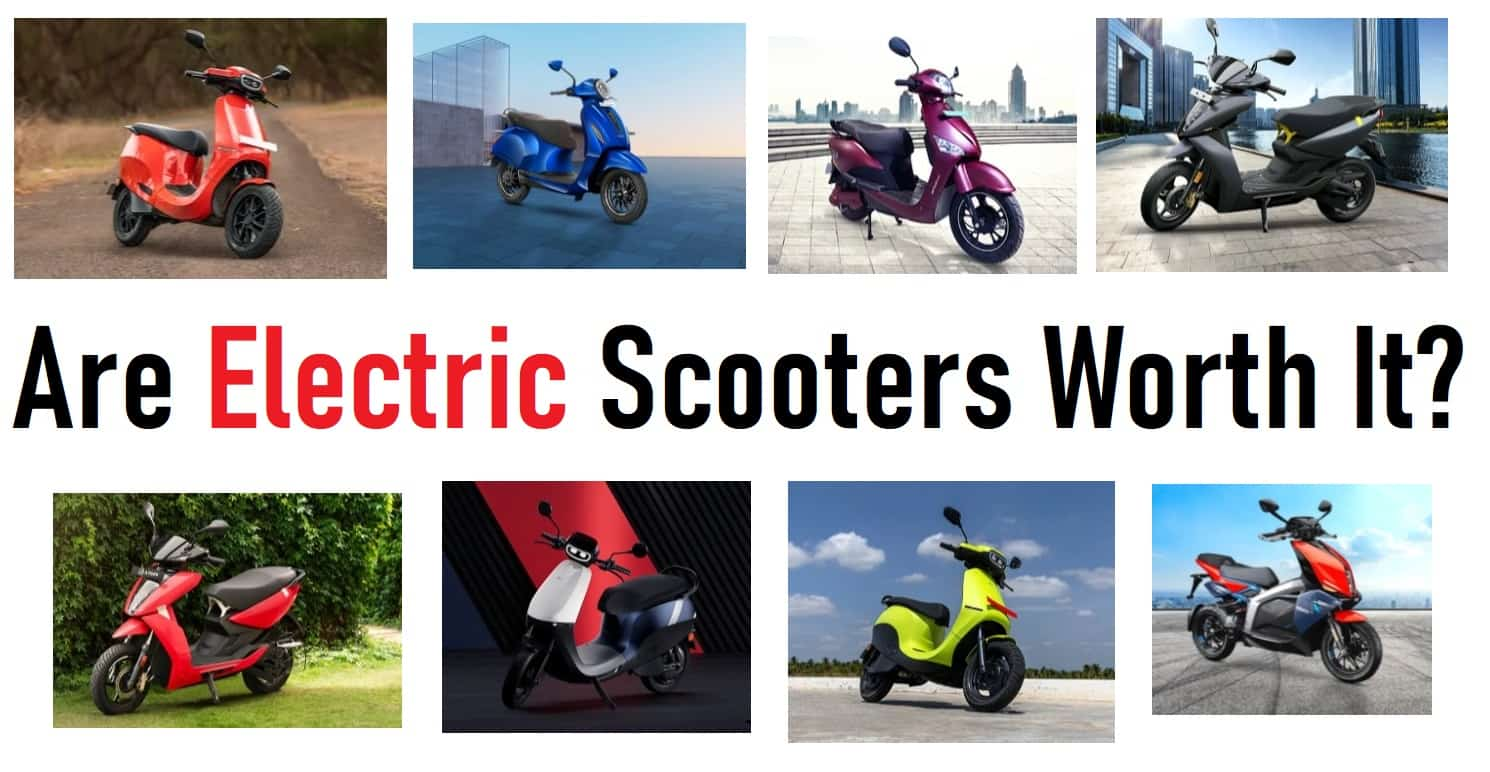Electric scooters are buzzing their way into our cities, and it’s clear they’re not just a fad. With advancements in technology, evolving urban landscapes, and shifting consumer demands, the future of electric scooters looks both promising and transformative. In this guide, we’ll explore what’s ahead for the electric scooter market, how new technologies could reshape the way we ride, and what the next 10 years might hold for this growing mode of transport.

Predictions for the Electric Scooter Market in 2025
By 2025, the electric scooter market is expected to grow exponentially. Analysts predict the market will be worth billions, driven by increasing urbanization, concerns over pollution, and rising fuel costs. Cities around the world are embracing electric scooters as a key component of sustainable urban mobility. This shift is already seen in cities like Paris, Berlin, and New York, where scooter-sharing services are becoming as common as bike-sharing programs.
Key Market Trends to Watch:
- Growth in Scooter Sharing: More companies are likely to enter the scooter-sharing market, providing affordable and accessible mobility solutions.
- Expansion in Developing Countries: As infrastructure improves, electric scooters will become more common in countries like India, Brazil, and Vietnam.
- Diverse Models and Designs: Expect to see a range of new scooter designs, from high-performance models to compact, foldable options.
Will Electric Scooters Replace Petrol Scooters Entirely?
While electric scooters are gaining ground, replacing petrol scooters entirely will take time. Several factors influence this shift, including infrastructure, cost, and user preference. However, with governments imposing stricter emissions standards and offering incentives for electric vehicles, the future leans heavily toward electrics.
Why Electric Might Win:
- Lower Running Costs: Electric scooters are cheaper to run and maintain compared to petrol ones.
- Government Incentives: Subsidies and tax breaks for electric scooters make them more affordable.
- Environmental Impact: Increasing awareness of climate change is pushing consumers toward greener choices.
Future of Electric Scooter Batteries: What to Expect
Batteries are the heart of electric scooters, and they are evolving fast. The future promises lighter, more efficient, and longer-lasting batteries. Companies are investing in solid-state batteries that are safer and charge faster than current lithium-ion batteries.
What This Means for You:
- Longer Rides: Future scooters will likely offer longer ranges on a single charge.
- Faster Charging: Imagine charging your scooter in minutes instead of hours!
- Lower Costs: As battery technology improves, the cost of electric scooters should decrease.
How Autonomous Technology Could Impact Electric Scooters
Autonomous or self-driving technology isn’t just for cars; it could also change the way electric scooters operate. Companies are experimenting with self-driving scooters that can navigate to charging stations or reposition themselves in areas of high demand. Imagine a scooter coming to you when you need it or moving itself away from traffic!
Potential Benefits:
- Better Fleet Management: For scooter-sharing companies, autonomous scooters could reduce operational costs.
- Enhanced Safety: Scooters equipped with AI could avoid accidents and navigate better.
- Convenience: Users could summon scooters via apps, similar to ride-hailing services.
Predictions for Electric Scooters in Urban Mobility Solutions
Electric scooters are becoming a staple in urban mobility solutions, bridging the gap between walking and public transport. They provide a quick and easy way to cover short distances, reducing the need for cars in crowded cities.
Future Urban Mobility Trends:
- Integration with Public Transit: Expect more integration with buses, trains, and subways, offering seamless commuting.
- Dedicated Scooter Lanes: Cities are already planning for more dedicated lanes for safer and more efficient scooter travel.
- Scooter Parking Zones: Proper parking areas will help avoid cluttered sidewalks and improve urban aesthetics.
Emerging Electric Scooter Brands to Watch in 2024
The electric scooter market is growing fast, and new brands are entering the scene with innovative designs and technologies. Keep an eye on brands like NIU, Ather Energy, and Gogoro, which are setting new standards for quality and performance.
What Makes These Brands Stand Out?
- Unique Designs: Sleek, modern designs that appeal to urban riders.
- Advanced Features: Built-in GPS, IoT connectivity, and smart locks are becoming standard.
- Focus on Sustainability: Many brands are emphasizing eco-friendly materials and manufacturing processes.
The Future of Electric Scooters in Developing Countries
Developing countries, where two-wheelers dominate the roads, present a huge market for electric scooters. However, challenges like charging infrastructure, affordability, and awareness need to be addressed.
How These Markets Will Grow:
- Affordable Models: Lower-priced models tailored to local needs will drive adoption.
- Government Support: Subsidies, reduced taxes, and incentives will help lower costs for consumers.
- Infrastructure Development: Investment in charging stations and battery swapping networks is crucial.
What the Next 10 Years Hold for Electric Scooters
Looking ahead, electric scooters will likely become more integrated into smart city planning, connected with AI, and be part of a broader network of shared and public transport options.
Key Predictions for the Next Decade:
- Rise of Electric Motorcycles: As scooters gain traction, electric motorcycles will also become more popular.
- Smart Scooters: AI and machine learning will allow for self-diagnostics, predictive maintenance, and enhanced safety features.
- Better Batteries: Expect batteries with longer life, faster charging, and fewer environmental impacts.
How AI and Machine Learning Will Shape Electric Scooters
Artificial Intelligence (AI) and Machine Learning (ML) will play a pivotal role in shaping the future of electric scooters. From smarter navigation to predictive maintenance, these technologies will enhance user experience and operational efficiency.
AI-Driven Innovations to Watch:
- Smart Routing: Scooters that learn the best routes to avoid traffic and reduce travel time.
- Predictive Maintenance: Using AI to predict when parts will wear out, reducing breakdowns and extending scooter life.
- Enhanced Safety: AI can help detect obstacles and avoid accidents, making rides safer for everyone.
The Rise of Electric Motorcycles: What to Expect
As electric scooters pave the way, electric motorcycles are also gaining attention. They offer more power and range, appealing to users who want a bit more speed and adventure.
Why This Matters:
- Expanded Market: Electric motorcycles will attract new riders who need more range and power.
- New Technologies: Expect similar advancements in batteries, AI, and connectivity as seen in electric scooters.
- Greater Accessibility: With more choices, consumers can find the perfect two-wheeler to fit their needs.
How Smart City Initiatives Will Boost Electric Scooter Use
Smart city initiatives aim to create sustainable, efficient, and livable urban environments. Electric scooters fit right into this vision. Cities are integrating scooters into multi-modal transport networks that include buses, bikes, and trains.
How This Will Play Out:
- Shared Mobility Hubs: Centralized locations where you can easily switch from a scooter to a train or bus.
- Data-Driven Planning: Using data from scooter usage to plan better infrastructure and reduce congestion.
- Incentives for Clean Mobility: Cities might offer perks like reduced parking fees or access to restricted areas for electric scooter users.
Conclusion
The future of electric scooters looks incredibly bright, with technological advancements, smart city integration, and a growing focus on sustainability. Whether it’s through better battery technology, AI integration, or new urban planning strategies, electric scooters are set to revolutionize how we think about urban mobility. As the world continues to move towards greener solutions, these two-wheel wonders will be at the forefront, changing the way we move, live, and breathe in our cities.















